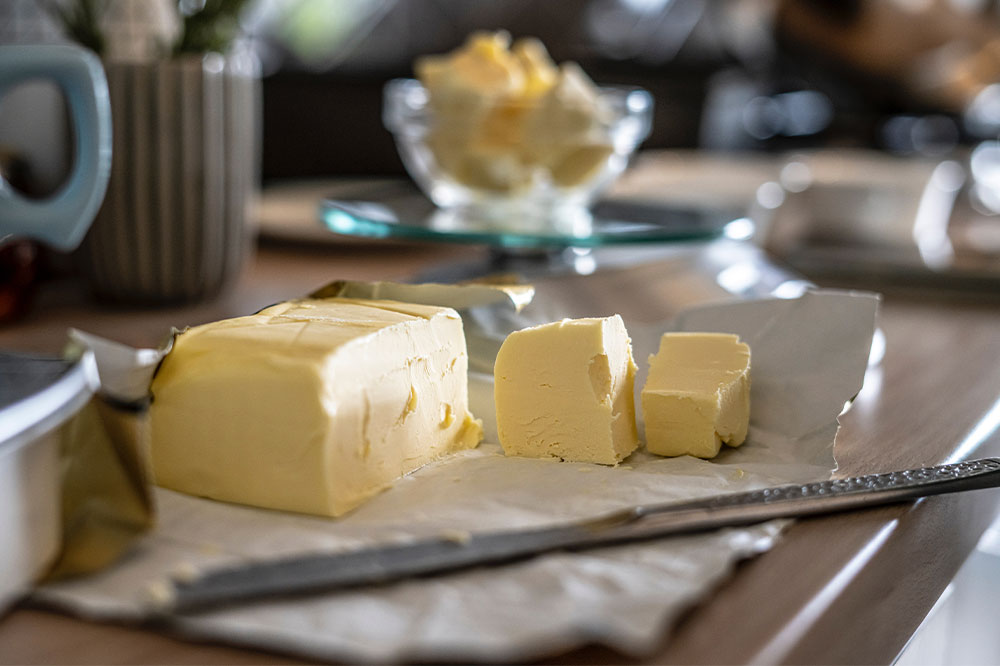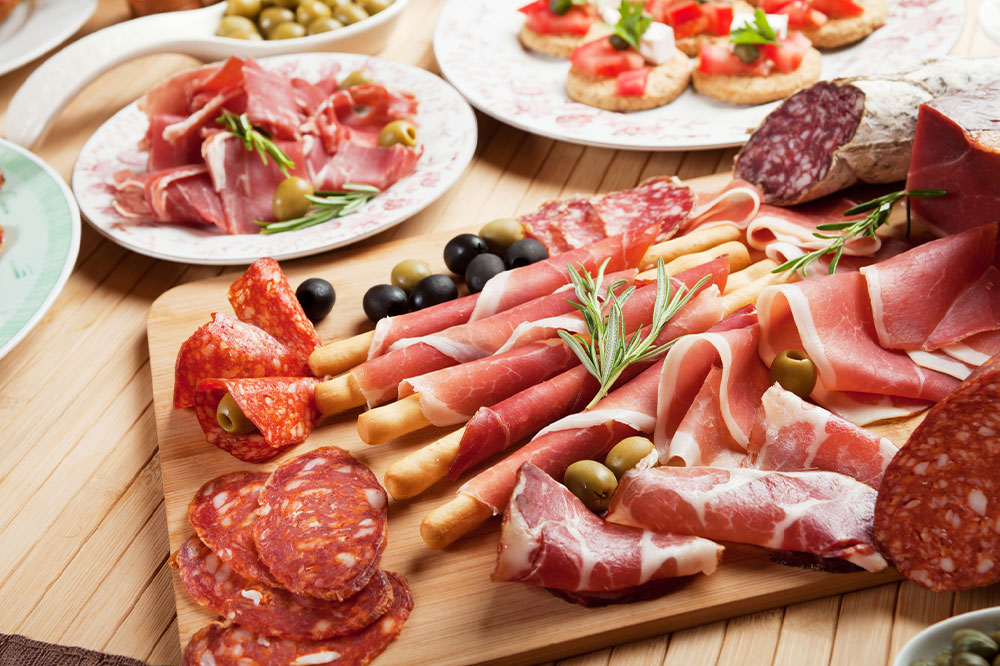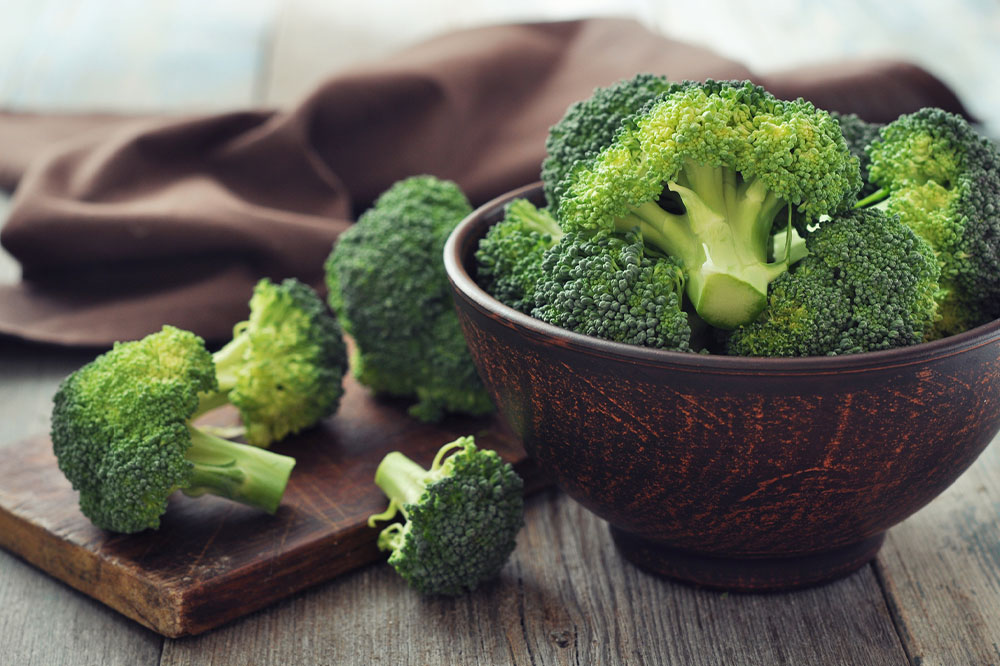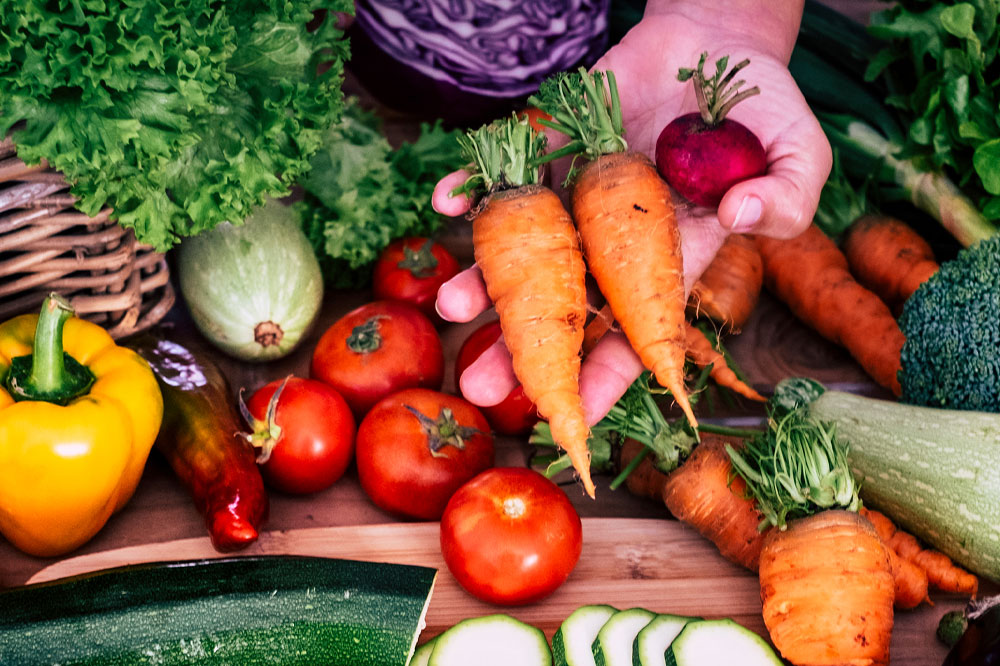7 foods to avoid when dealing with Crohn’s disease

Inflammatory bowel illnesses like Crohn’s disease make the tissues in the digestive tract swell (inflammation), which can cause abdominal pain, severe diarrhea, exhaustion, and malnutrition. Choosing the right food can be challenging when affected by Crohn’s disease as certain foods, especially those thought to be healthy, such as raw fruits and vegetables, might cause a Crohn’s flare-up or exacerbate symptoms. So here are some foods that should be avoided when dealing with Crohn’s disease:
Caffeine
Cramping, bloating, and diarrhea can be brought on by caffeinated beverages, so coffee and caffeinated sodas should all be avoided during an attack. Instead, one can opt for other fluids, water, or even broth to get hydrated. People with Crohn’s should also avoid high-sugar sports beverages as diarrhea may worsen with excessive sugar. Herbal or decaffeinated teas are great alternatives for coffee. One should keep an eye on their urine and aim for pale-yellow urine color throughout the day by drinking adequate fluids.
Popcorn
Popcorn is a beloved food that is strong in fiber and frequently chosen as a light snack with melted butter. Unfortunately, Crohn’s symptoms can be triggered by both fiber and fat. In general, a low-fat, low-residue diet or a diet devoid of high-fiber or fatty foods is beneficial for those with Crohn’s disease. While some people can have popcorn (in modest doses with little or no butter on top) during remissions, they discover that doing so during a flare-up makes their symptoms worse.
Raw fruits and vegetables
In their unprocessed, uncooked state, fresh fruits and vegetables are high in fiber and can cause flatulence. They might need to be left out of one’s meal plans, especially if affected by Crohn’s disease. High-fiber foods may worsen diarrhea during flare-ups because they are not completely digested in the small intestine. One should opt for cooked fruits and vegetables without skins. However, people with the condition might need to avoid beans, broccoli, cauliflower, and cabbage, as these foods can lead to gas and bloating. Keeping a food journal can help one identify their unique triggers.
Nuts and seeds
Although nuts are an excellent source of protein and healthy fats, they can be challenging for people experiencing a Crohn’s flare-up since they are hard to digest. Smooth nut butter, like natural peanut butter, is a better choice. When affected by Crohn’s disease, seeds can also upset one’s stomach. Fruits and vegetables that have a lot of seeds, such as raspberries, strawberries, and tomatoes, should also be avoided.
Desserts
Diarrhea can worsen if one eats or drinks anything sweetened with sugar or corn syrup. However, one might experience no issues consuming a small amount of dessert or a soda during times of remission. Nevertheless, people should avoid energy drinks, sodas, juices, and coffee treats if they are already experiencing diarrhea. It is also important to leave out muffins, pies, cakes, and cookies. Most Crohn’s patients can have sweets in moderation during remission periods.
Dairy
It is not uncommon to be lactose intolerant if one has Crohn’s disease. The sugar lactose, which is present in milk, cheese, and other dairy products, cannot be properly digested by patients with Crohn’s. Sugar lactose can cause gas, bloating, gastrointestinal pain, and diarrhea. If consuming dairy products or drinking milk makes one feel uncomfortable, they should try lactose-free items like lactose-free yogurt and milk (or soy or nut milk). Hard cheeses such as cheddar and parmesan have a low lactose content, so most people who are lactose intolerant can still consume these cheeses in moderation.
Greasy food
The fats in foods such as fried chicken, French fries, and rich and creamy sauces may not get completely absorbed in the small intestine for those affected by Crohn’s disease. This triggers symptoms like cramping or loose stools. One should choose foods that are baked, broiled, or steamed for diet if they are affected by Crohn’s disease. Lean proteins such as fish, white meat, chicken and turkey, lean pork, soy, eggs, and tofu are good options.






